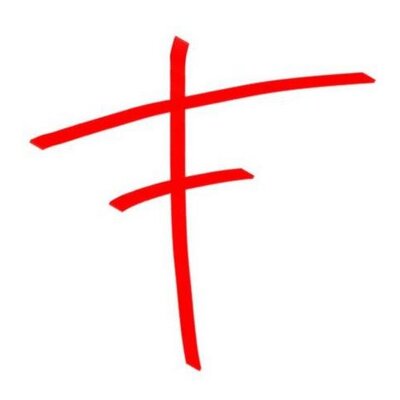flix on Nostr: The debate on the origin of money is between 3 hypotheses: 1. Market origin (Menger) ...
The debate on the origin of money is between 3 hypotheses:
1. Market origin (Menger)
2. Fiat origin (chartalist)
3. Debt
Rivers of ink have been poured by economists on the theoretical arguments for each of these... but at some point you have to look at the physical archaological evidence to try to determine who is right.
The first coins are from Lydia 6th C. BC. Minted by King Croesus in silver, gold and electrum.
https://en.wikipedia.org/wiki/Croeseid
Much earlier, in the 18th C. BC we have the Code of Hammurabi establishing prices in shekels and minas of silver. Other prices are established in weights of barley.
https://en.wikipedia.org/wiki/Code_of_Hammurabi
So we have a clearly established timeline between the use of commodities in Sumer and Babylon 20-18th C. BC and the use of metallic coins in Lydia 6th C. BC.
During the bronze age we have well documented trade between Mesopotamian empires, Cyprus, Egypt, Mycenae... there are plenty of clay tablets, shipwrecks with goods, messages between kings and a LOT of pottery made in one place and found in another.
One of the best examples of this is the cargo of the Uluburun shipwreck (14th C): https://en.wikipedia.org/wiki/Uluburun_shipwreck
The complaint tablet to Ea-nāṣir (18th C) is the oldest known customer review:
https://en.wikipedia.org/wiki/Complaint_tablet_to_Ea-n%C4%81%E1%B9%A3ir
The archaeological evidence is there to answer the question. If we define money correctly, we can set a test for the 3 hypotheses and see how the evidence stacks up for each of them.

1. Market origin (Menger)
2. Fiat origin (chartalist)
3. Debt
Rivers of ink have been poured by economists on the theoretical arguments for each of these... but at some point you have to look at the physical archaological evidence to try to determine who is right.
The first coins are from Lydia 6th C. BC. Minted by King Croesus in silver, gold and electrum.
https://en.wikipedia.org/wiki/Croeseid
Much earlier, in the 18th C. BC we have the Code of Hammurabi establishing prices in shekels and minas of silver. Other prices are established in weights of barley.
https://en.wikipedia.org/wiki/Code_of_Hammurabi
So we have a clearly established timeline between the use of commodities in Sumer and Babylon 20-18th C. BC and the use of metallic coins in Lydia 6th C. BC.
During the bronze age we have well documented trade between Mesopotamian empires, Cyprus, Egypt, Mycenae... there are plenty of clay tablets, shipwrecks with goods, messages between kings and a LOT of pottery made in one place and found in another.
One of the best examples of this is the cargo of the Uluburun shipwreck (14th C): https://en.wikipedia.org/wiki/Uluburun_shipwreck
The complaint tablet to Ea-nāṣir (18th C) is the oldest known customer review:
https://en.wikipedia.org/wiki/Complaint_tablet_to_Ea-n%C4%81%E1%B9%A3ir
The archaeological evidence is there to answer the question. If we define money correctly, we can set a test for the 3 hypotheses and see how the evidence stacks up for each of them.

